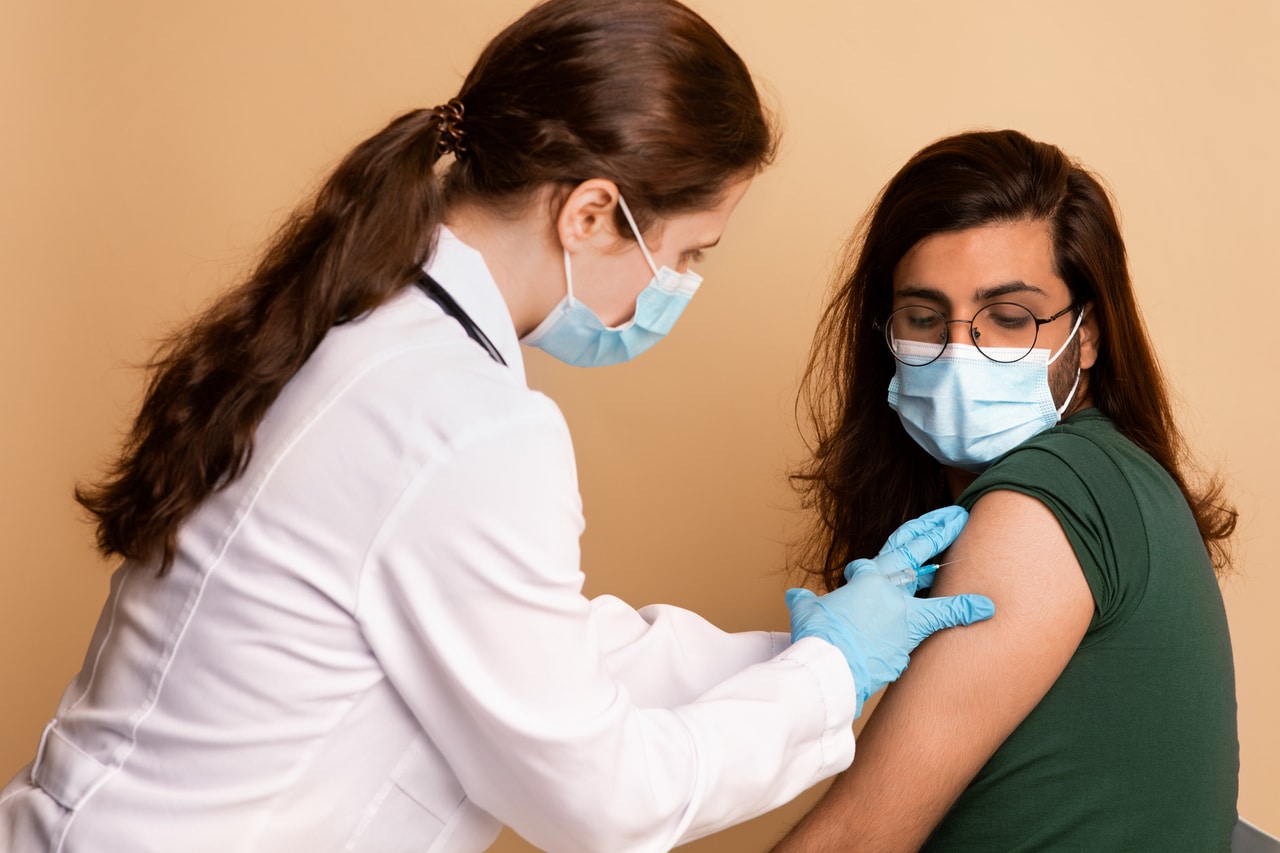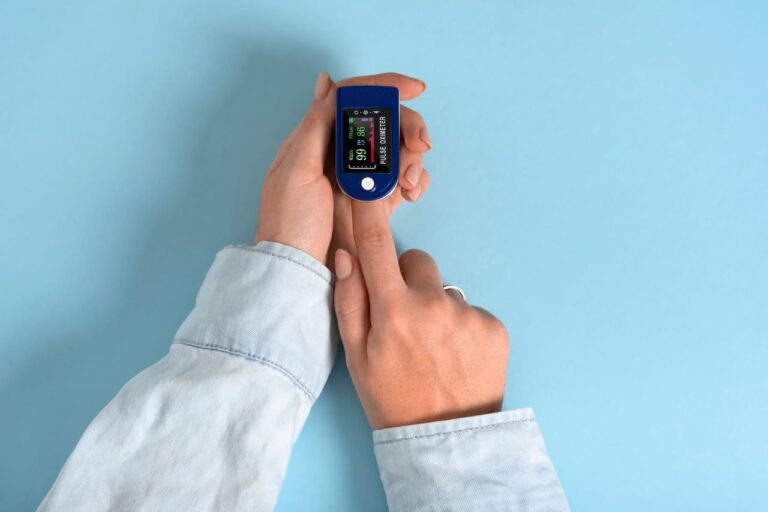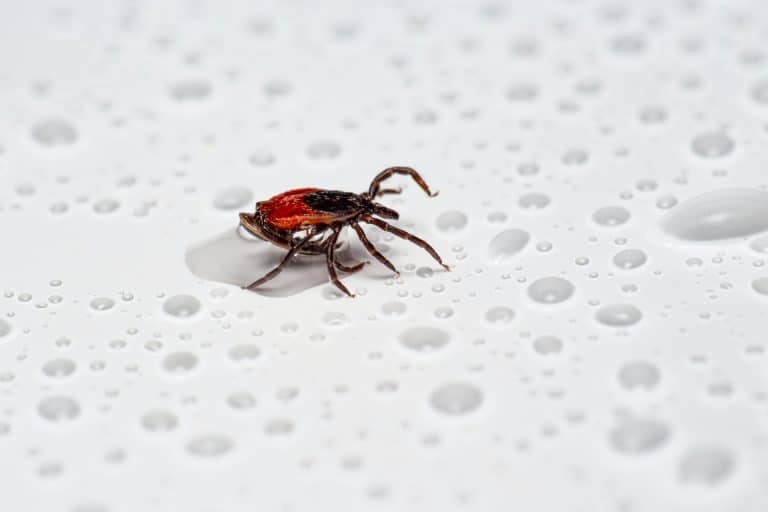Certifications for nurses demonstrate competence in a specific area of healthcare. Some, like PALS certification, are necessary for employment and licensing, while others enhance your standing in the job market. Here are the top certifications you should consider taking as a nurse.
In This Article
- 1. Basic Life Support
- 2. Advanced Cardiac Life Support
- 3. Pediatric Advanced Life Support
- 4. Wound Care Certification
- 5. Family Nurse Practitioner
- 6. Critical Care Nursing Certification
- 7. Oncology Nurse Certification
- 8. Adult-gerontology Acute Care Nurse practitioner
- 9. Psychiatric Mental Health Nurse Certification
- 10. Ambulatory Care Nursing Certification
1. Basic Life Support
Basic Life Support (BLS) certification is a training program that provides nurses with cardiovascular life support skills they can use in and outside hospital settings. The certification provides the following skills:
- CPR for adults, children, and infants
- Choking treatment for adults, children, and babies
- Rescue breathing without CPR
- Using a bag valve mask
BLS certification helps you meet employment requirements, especially when working directly with patients. The accreditation also equips you with knowledge of the latest and advanced life-saving procedures.
2. Advanced Cardiac Life Support
The Advanced Cardiac Life Support (ACLS) certification introduces nurses to clinical guidelines for treating emergency and life-threatening cardiovascular problems in adults.
An ACLS certification builds on the skills you obtained from a BLS certification. The coursework for the ACLS certification does not cover the skills learned in BLS, so you must obtain a BLS certification before the ACLS.
Some of the skills you’ll learn in ACLS include:
- Airway management
- Identification and management of early signs of a cardiac or respiratory arrest
- Stroke management
- ACS management
- Pharmacology
ACLS is a requirement for nurses who work with critically ill patients. You should renew the certification every two years.
It covers more enhanced skills than BLS and is a fundamental requirement for healthcare workers. Due to its broader scope, ACLS certification is also preferred for nurses who wish to specialize in critical care, emergency medicine, and cardiology. While obtaining an ACLS certification may seem daunting, with proper guidance, you’ll be able to step into your nursing career. The American CPR Care Association offers comprehensive online courses in ACLS at a reasonable price. You’ll be equipped with the skills to save lives while knowing the latest clinical guidelines. This is a must-have certification for nurses in the 2023 job market.
3. Pediatric Advanced Life Support
Pediatric Advanced Life Support (PALS) is a specialty certification for nurses who offer life-saving care to infants and children.
The PALS certification equips nurses with the following skills.
- Child and infant CPR
- Child AED
- Recognition of early signs of cardiac arrest in children and prompt CPR application
- Management of cardiac and respiratory emergencies in pediatric patients
- Infant and child transport scenarios
- Assessment of pediatric emergencies
This certification might be an employment requirement for nurses who work closely with children. It goes deeper than a BLS certification by training you on the differences in the presentation and management of cardiovascular and respiratory symptoms in pediatric patients.
4. Wound Care Certification
A wound care certification is ideal for nurses who want to work with patients dealing with surgical wounds, complex wounds, superficial wounds, and pressure ulcers.
Nurses taking this certification learn to identify the best treatment options for acute and chronic wounds. Some of the skills covered include:
- Wound healing
- Wound management (Acute and chronic)
- Atypical wounds
- Infection control
- Geriatric skin conditions
- Wound assessment
- Treatment options
The wound care certification is ideal for nurses who work or want to work closely with wound care doctors.

5. Family Nurse Practitioner
The family nurse practitioner certification tests your clinical knowledge in primary care for families and individuals across various life stages.
It is an entry-level certification that you must renew every five years to reflect the current knowledge and practices.
6. Critical Care Nursing Certification
The critical care nursing certification benefits nurses working with critical care patients in emergency and intensive care units. RNs and APRNs who take this certification care for patients with serious illnesses or injuries.
The critical care certification is valid for three years. After this period, nurses must retake an exam.
7. Oncology Nurse Certification
An oncology nurse certification demonstrates a high skill level for nurses working with cancer patients. This accreditation is important for oncology nurses who want to remain relevant and provide the best cancer care to patients.
The certification provides specialized knowledge in cancer screening, cancer prevention, palliative care, cancer care treatments and therapies, and end-of-life care.
8. Adult-gerontology Acute Care Nurse practitioner
The adult-gerontology acute care nurse practitioner certification prepares nurses to care for geriatric patients. After acquiring this certification, you can provide advanced care to adults and elderly patients with acute, chronic, or critical illnesses.
The certification lasts five years, after which you must renew your credentials to meet your licensing requirements.
9. Psychiatric Mental Health Nurse Certification
With the growing importance of mental healthcare, psychiatric mental health nurse certification is one of the top certifications for nurses. This certification suits nurses who deal with mild to complex mental health disorders among psychiatric patients.
This psychiatric certification ensures you have the right skills and competencies to handle psychiatric patients. It is also a licensing requirement for APRNs.
10. Ambulatory Care Nursing Certification
An ambulatory care nursing certification is vital for nurses who want to meet the growing requirements for ambulatory care nursing. The accreditation provides training around:
- Clinical practice
- Patient education
- Care management
- Telehealth
- Legal issues
This certification is valid for five years. While this certification is not an employment requirement, having it demonstrates that you have up-to-date knowledge of ambulatory care.
Final Thoughts
Nursing certifications can propel your nursing career to greater heights. Whether you are looking for ways to advance your career or improve your skills, these certifications are among the best ones in the industry. Some, like BLS, are essential for registered nurses, while PALS certification allows you to work with specialty patients like infants and children.











